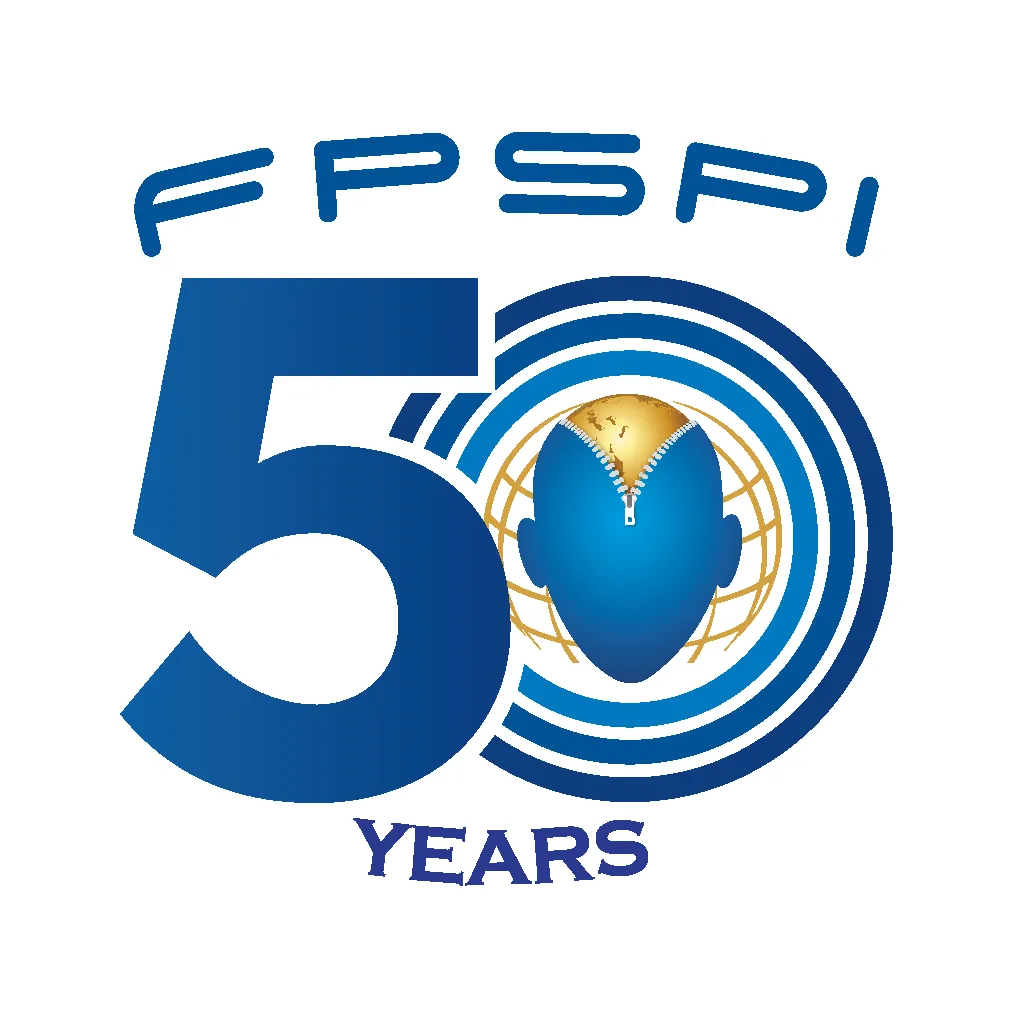Primary Programs: (Non-Competitive)
A non-competitive problem-solving program designed for, but not limited to, implementation in the regular classroom divided into two stages: Foundational Skills (Prep-2) and Developing Skills (Grades 3-4). These can be implemented as a whole class activity or can be conducted in smaller groups.
FPS Primary Programs introduces students in lower primary to the six step problem solving process.
The gradual introduction and practice of each step of the 6 step problem solving process enable students to build a solid foundation of skills applying the future problem solving process to a range of genres across the curriculum.
Through a range of creative and critical thinking strategies, they develop adaptability in the application of the six step process.
Responsible and ethical attitudes are developed through our topic suggestions leading to more involvement in community issues.
The Primary Programs support and extend oral and written literacy, collaborative group work and class discussion.
Having developed skills in applying the six step process to a range of genres, students will be competition ready in years 5/6 for Community Problem Solving (CmPS) or Global Issues Problem Solving (GIPS). You may also wish to embark on these learning options in a non-competitive way if preferred.
Grades Prep-2: Foundation Skills
Foundation Skills focuses on developing Step 1-3 of the FPS process through Fairy Tales, literature, science topics, current affairs, issues in the local or school community, ethics education and many other options.
Step 1 - Brainstorm Challenges
Step 2 - Select an Underlying Problem
Step 3 - Brainstorm solutions to address the Underlying Problem
Twice per year, your class/group will send in a short submission, “Our best ideas”, for evaluation. These can be handwritten or drawn by the students or recorded by an adult in the Foundation Skills Workbook. Submissions can respond to a stimulus picture provided from the designated topics for the year or any other subject area/genre you choose.
Grades 3/4: Developing Skills
Developing Skills revisit Step 1-3 and develop the use of:
Step 4 – Writing criteria to help select the best solution
Step 5 – Scoring the solutions
Step 6 – Using the highest scoring solution to develop an Action Plan
You may do this through applying the the six-step process to real world problems in your classroom/school/local community (leading into Community Problem Solving) OR to the designated topics for the year (leading into Global Issues Problem Solving).
Twice per year, your class/group can return a submission for evaluation. Completing at least steps 1-3 is encouraged, with 4,5 and 6 completed where possible. This submission can focus on one of the topics or future scenes of the year, or a real-world problem in your class/school/local community. Many educators alternate by using the topics in Semester 1 and a Community problem in Semester 2.
What is included in the Registration Fee
- The FPS Process Handbook
- The Foundation Skills Handbook and Workbook
- The Developing Skills Handbook and Workbook
- Topic Future Scenes
- Two assessment rounds
- Fortnightly coach catch up – via zoom
- Access to our friendly support team 9am - 5pm AEST, Monday to Friday
For the cost of a single individual or team registration, teachers gain access to the program material and can teach the program to as many students as they wish. (However, booklets can only be evaluated if a team/individual has been registered.)
Additional registrations can be added throughout the year.

